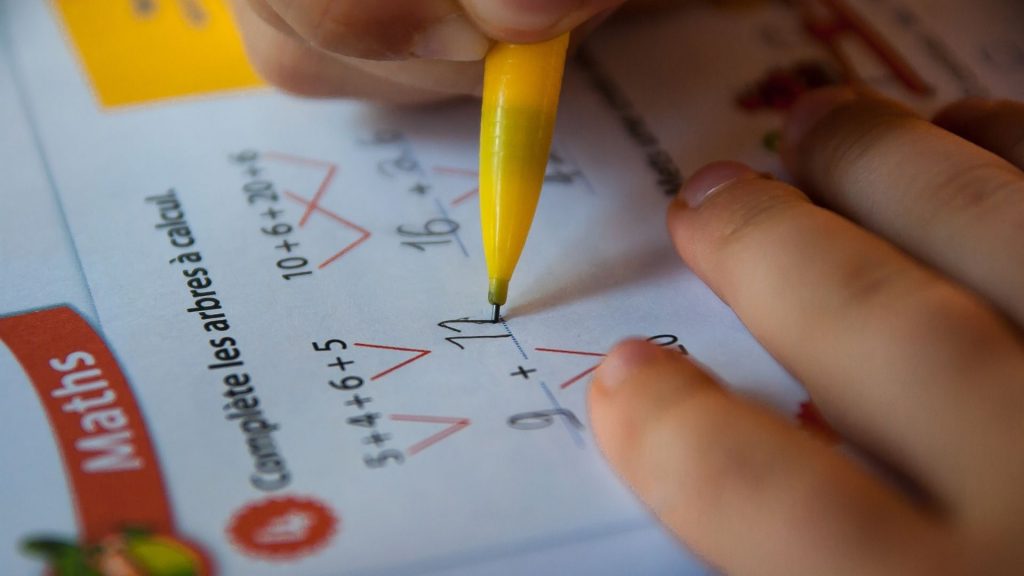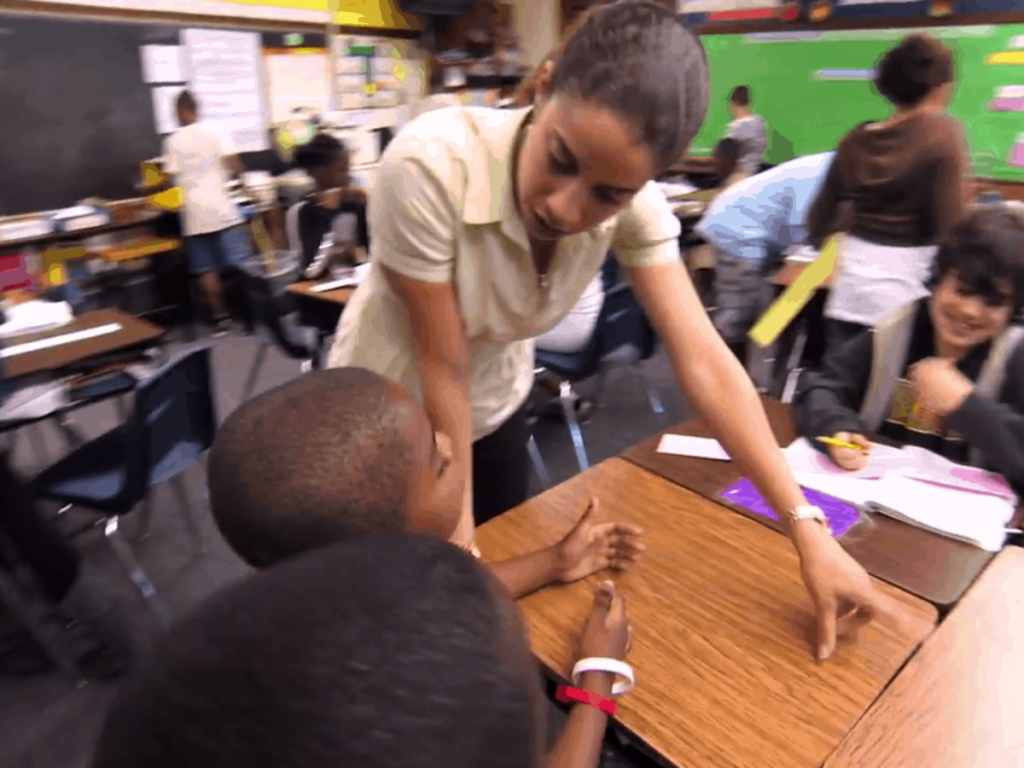Meet The Data Tech Guy Trying To Solve Educations Biggest Problem
An unexpected person is taking on the math achievement gap in a surprising way.

Across the nation and the rest of the world, the pandemic’s effects on academic achievement are felt. The United States has been dealing with an education crisis that arguably began long before the pandemic. To combat, lawmakers across the country have been instituting strict education reform and relief bills to combat the drop in achievements seen everywhere, but particularly in math achievement. As daunting as the task may be to raise math levels among students, one data tech guy is taking the initiative to combat one of education’s biggest problems, all on his own.
On the surface. Mike Preiner, may not look like the answer to America’s ominous math achievement decline among students. But this data tech guru turned math tutor is making a huge impact on efforts. Admittedly, Mike Preiner does not look like your average educator. Nor did he ever intend to be one.
Mike Preiner got his Ph.D. in applied physics at Stanford. At the beginning of the pandemic, Preiner had just sold a stake in the tech firm he co-founded, called Granular. The San-Francisco-based precision agriculture company was designed to help make farming more efficient. Living in Seattle as the lockdowns started, Preiner looked for positive ways to implement his skills as a data scientist before landing a home in the math achievement field.
The 42-year-old spent a large portion of the pandemic researching the nationwide math deficit before founding The Math Agency. The Washington-based Social Purpose Corporation’s goal is to help students struggling the most in math achievement. As a tutoring program, their motto believes that every child deserves a chance at added instruction, regardless of their family’s ability to pay.

With a goal to end the math achievement gap before students even hit middle school, Preiner and his foundation have been documenting the journey as well on his blog. According to Preiner’s finding, the data-turned-tutor expert believes small group tutoring tends to have the largest impact on improving math achievements for disadvantaged children.
“I completely view this as an experiment. It’s great to say this stuff works in an academic paper. But you’ve got to prove it. You have to actually do it,” he told Seattle Times columnist Danny Westneat. But it looks like Mike Preneir is on to something big. At Northgate Elementary and three other Seattle-based schools, about a hundred kids have been meeting with tutors including Preiner. Setting himself apart from the others, who tend to be students of education at the University of Washington, Preiner has been going above and beyond his tutoring tasks by putting his data skills to use tracking nearly everything, including the number of minutes each student spends practicing their skills in math achievement.
Likewise, the numbers are quite telling in Preiner’s math achievement efforts. At Northgate, it’s estimated that about 30 kids are averaging gains of 1.8-grade levels in math this year, according to Preiner’s own data. Before this year, the average growth rate at the elementary school was a dismal .7 grade levels-indicating the tutored students were continuing to fall further behind.

The bigger picture in Preiner’s efforts to shorten the math achievement gap shows how much of an impact his data findings can be on changing the trajectory for children falling behind in math achievement efforts. This means that a third-grader who might be two years behind in the subject could effectively be caught up by the time they leave elementary school. While Prenier himself still considers the project an experiment in the works, it’s clear that the efforts have made an impact on the study of math achievement in younger kids.
Similarly, many states have already implemented extended tutoring programs to combat the math achievement gaps made worse by the pandemic. “It’s the key to everything — to wealth inequality, to better futures for the poor and middle class,” said Preiner. According to a recent report from US News, the pandemic era saw the first major drop in math achievement since the National Assessment of Educational Progress began tracking long-term academic achievement trends in the 1970s. As small as Preneirs efforts may seem, it sheds some new light on the bigger problem facing the nation.



